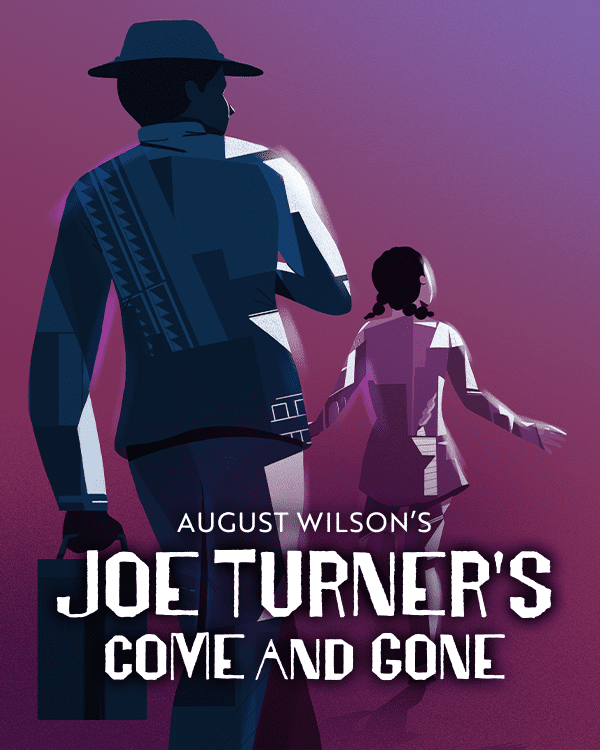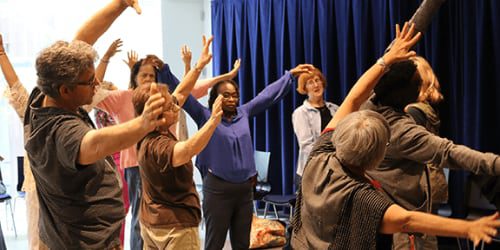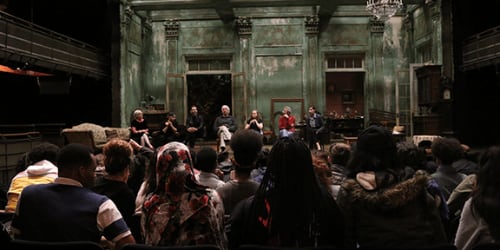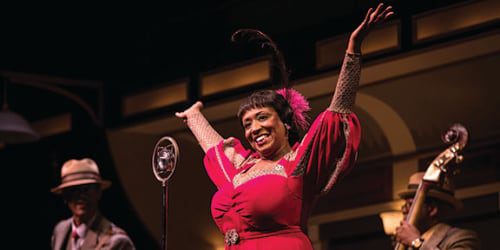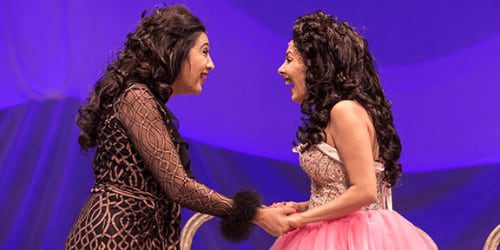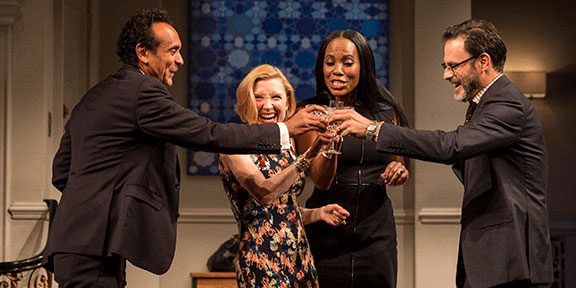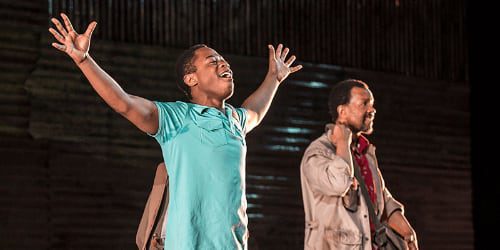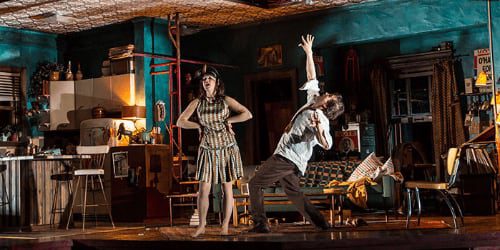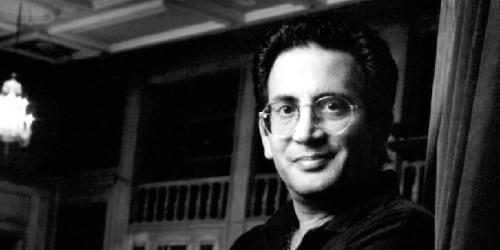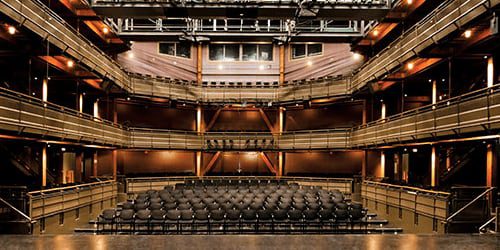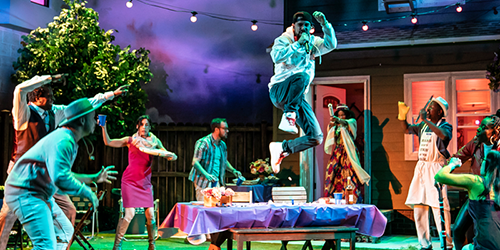The Matchbox Magic Flute is on stage now!
GET TICKETS
When The Magic Flute premiered on September 30, 1791 in Vienna, its composer Wolfgang Amadeus Mozart was already ill with the mysterious disease that would kill him a little more than two months later at age 35. Nonetheless, Mozart conducted the orchestra while the opera’s librettist, Emanuel Schikaneder, played the role of Papageno. Schikaneder, an impresario as well as artist, helmed a theatrical troupe at the Theater auf der Wieden, where The Magic Flute premiered. His group focused largely on humorous operas that served as vehicles for his comic stage persona: one adventurously titled example was The Foolish Gardener from the Mountains, or the Two Antons.
Since 1789, Mozart had worked with the troupe, contributing compositions to the collaboratively written works. In 1790, the company had had some success with The Philosopher’s Stone, a fairy tale opera that scholars would later view as a precursor to The Magic Flute. The extent of Mozart’s involvement in writing The Philosopher’s Stone has been a point of contention; one copy of one of the opera’s duets was penned in Mozart’s handwriting, but beyond that, scholars could discern little about its authorship. It wasn’t until the early 1990s that musicologist David Buch closely examined a long-lost copy of the opera and found that a copyist had noted a composer’s name for each musical number. Since then, many scholars have believed that Mozart wrote three separate sections of The Philosopher’s Stone, and that four other composers contributed music as well. Those four men, including Schikaneder, would all go on to be intimately involved in The Magic Flute: two as performers, one as a conductor, and Schikaneder as librettist and performer.
This image of Mozart as a collaborator, rather than as a genius who toiled alone, belies popular perception. But his relationship with the Theater auf der Wieden suggests that he found an artistic home there during the last two years of his short life. The Magic Flute’s original run proved successful, and within a few years, it delighted audiences throughout Europe—but Mozart, who had struggled financially for years, did not live to see this success. Today it remains a mainstay of many opera company’s repertoire, serving as a gateway to opera for young people and opera newbies.
Neena Arndt is the Resident Dramaturg for Goodman Theatre.
